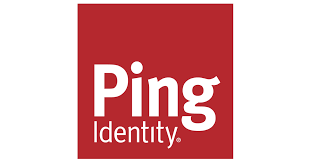The Ultimate Guide to Online Fraud Prevention
The COVID-19 pandemic has accelerated the shift to online across industries, and criminals are taking advantage of this shift to attack vulnerable individuals and businesses. Digital fraud attempts are up 46% since the start of the pandemic, and even with prevention measures in place, the typical organization loses 5% of its revenue to fraud every year. Because fraud losses can rapidly get out of hand, fraud prevention is a critical part of any organization’s business strategy. However, increased security measures often result in poor customer experiences that lead to high session abandonment rates and lost revenue. This can lead to conflict between fraud teams and other parts of the business, resulting in unsatisfying trade-offs between security and experience.
Fortunately, it doesn’t have to be this way. In an ideal scenario, fraud prevention is invisible, adding no friction to the vast majority of user sessions while still effectively protecting the organization from fraudsters and only using friction commensurate to the threat level. To do this, fraud prevention must be integrated fully into the broader customer journey. Fraud tools can work together with identity tools to effectively determine whether users are real, or criminals, and take targeted action.
Fortunately, it doesn’t have to be this way. In an ideal scenario, fraud prevention is invisible, adding no friction to the vast majority of user sessions while still effectively protecting the organization from fraudsters and only using friction commensurate to the threat level. To do this, fraud prevention must be integrated fully into the broader customer journey. Fraud tools can work together with identity tools to effectively determine whether users are real, or criminals, and take targeted action.

Penyedia: Ping Identity Corporation | Saiz: 901 KB | Bahasa: English
